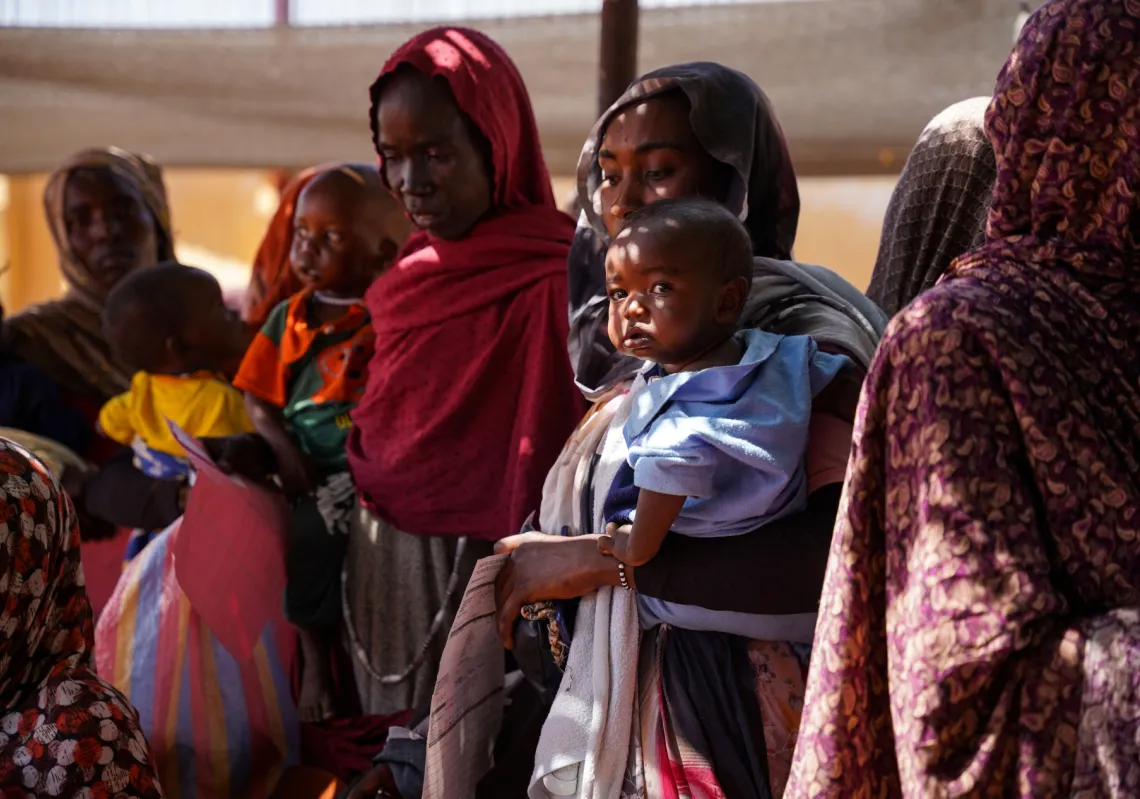The case of Algeria disproved the popular perception that terrorism was impossible to combat. On the contrary, Algeria succeeded in ending the violence, thanks to the rigidity of both society and the government. Strangely, however, there are still many accusations that al-Qaeda has strong presence in the country.
The presence of al-Qaeda in the early 2000s was strongly associated to the fact many Algerians sympathized with its policies. It was felt then by the Algerians that their attack on 9/11 for example was a retaliation against unjust American policies—especially in Palestine. However, the popularity of al-Qaeda soon declined in the eyes of Algerians, when the organization’s tactics started to take civilians in Algeria as victims.
The reconciliation initiative put into place by President Bouteflika, however, completed the process of eradicating the group from the country. The kind of resistance it encouraged nationally was necessary for protecting and securing Algeria, as well as the Maghreb region in addition to Europe and the US.
Although analysts believe that al-Qaeda may return to Algeria as it managed to in Yemen, there is no concrete evidence to support this assumption. On the other hand, one should take into account that there are important differences between Algeria and Yemen with regards to their vulnerability to organized terrorist groups. Most notably, al-Qaeda’s power in Algeria was never as great as it was in Yemen.
The era of al-Qaeda in the Maghreb is over. The bombings that the country witnesses from time to time are no more than individual activities. The same bombings happen in many other countries because of high rates of unemployment, poverty and a lack of state presence. These incidences have nothing to do with al-Qaeda. Rather they are a means individuals rely on to demonstrate their dislike of certain policies. Yet, the Western media has played a role in inflating the subject and involving al-Qaeda so as to create a state of panic amongst the Algerian people.
Some people may think that accusing the Salafist Group of the bombings that continue to occur in Algeria is evidence that these acts are related to al-Qaeda's presence in the country. However, when we track the development of events in Algeria well, it is evident that the Salafist Group now plays a very limited role in the violence that erupts from time to time. Perhaps this group is trying to challenge the government's policy in one way or another, but the fact is that Algeria will not change its tried-and-true approach towards terrorism. A culture of peace and security has been adopted by the Algerian people and there is no room in the country for violent intruders, be it al-Qaeda or other militant groups
Khaled Ben Quqa







